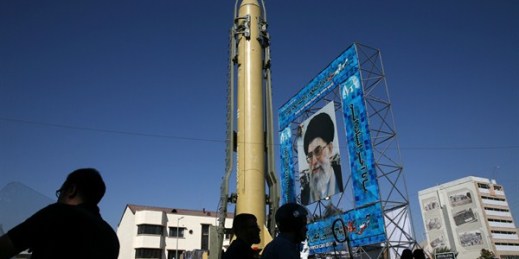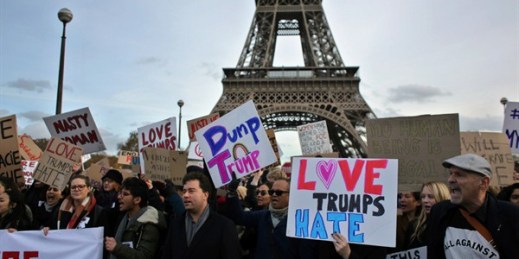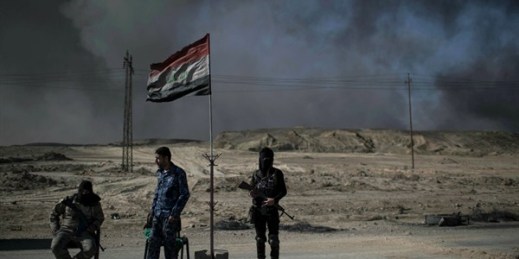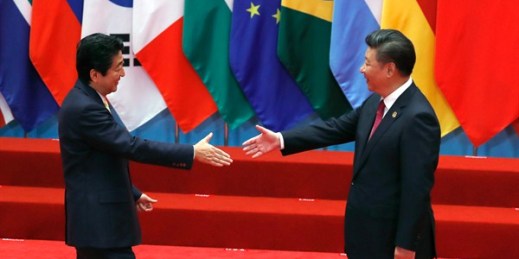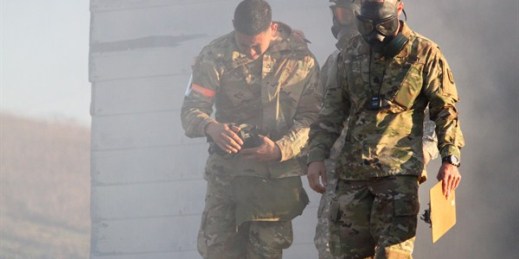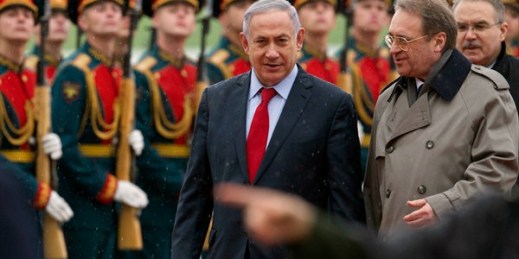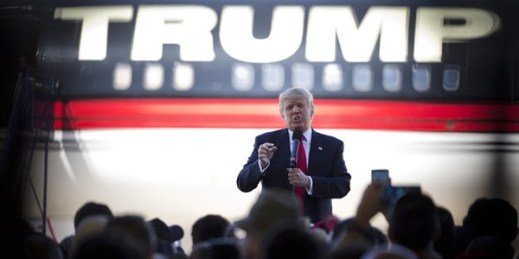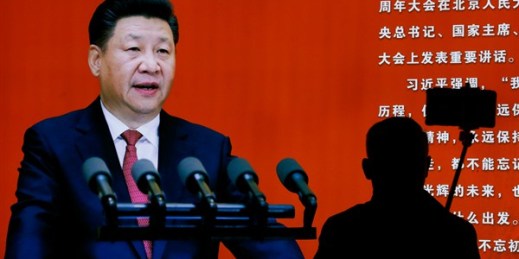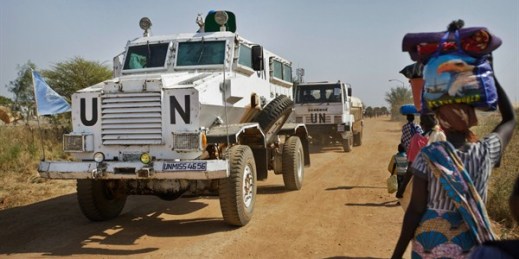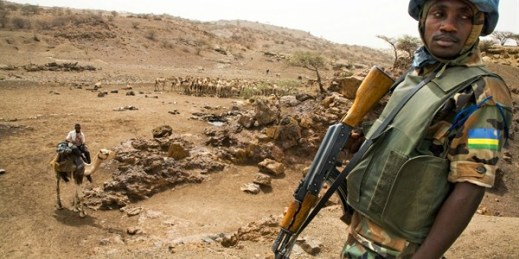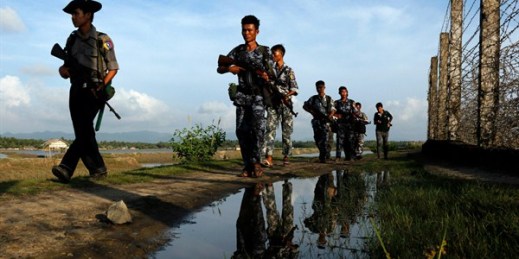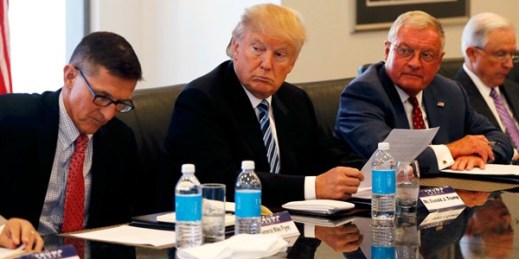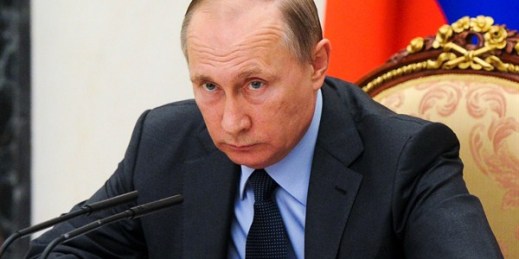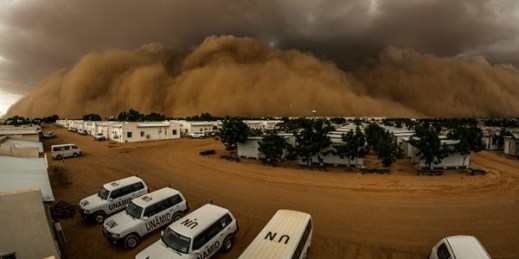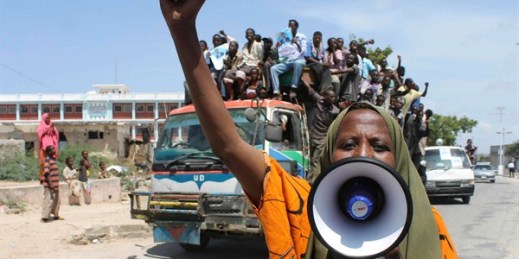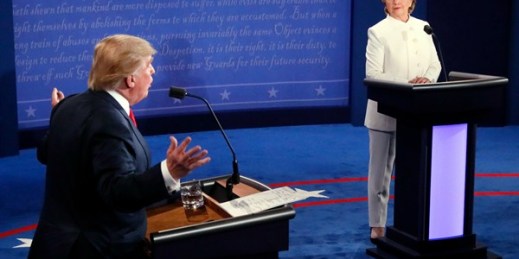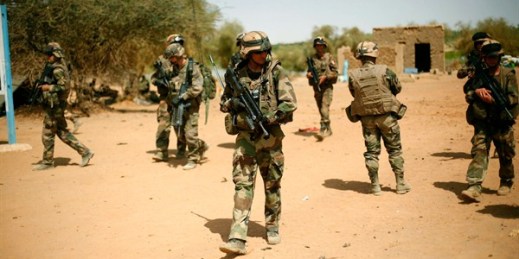
The deadly terrorist attacks in Burkina Faso and Cote d’Ivoire in January and March, respectively, show the deep reach of militants affiliated with al-Qaida in the Islamic Maghreb (AQIM), and their ability to bounce back from the military drubbing they received as a result of France’s intervention in the Sahel, which began in 2013. The spectacular attacks are part of a long pattern illustrating the enduring resilience of AQIM and its ability to regenerate itself by adjusting strategy and tactics to mounting pressure from both counterterrorism operations and rising jihadi competition in the Sahel and West African region. As alliances […]

